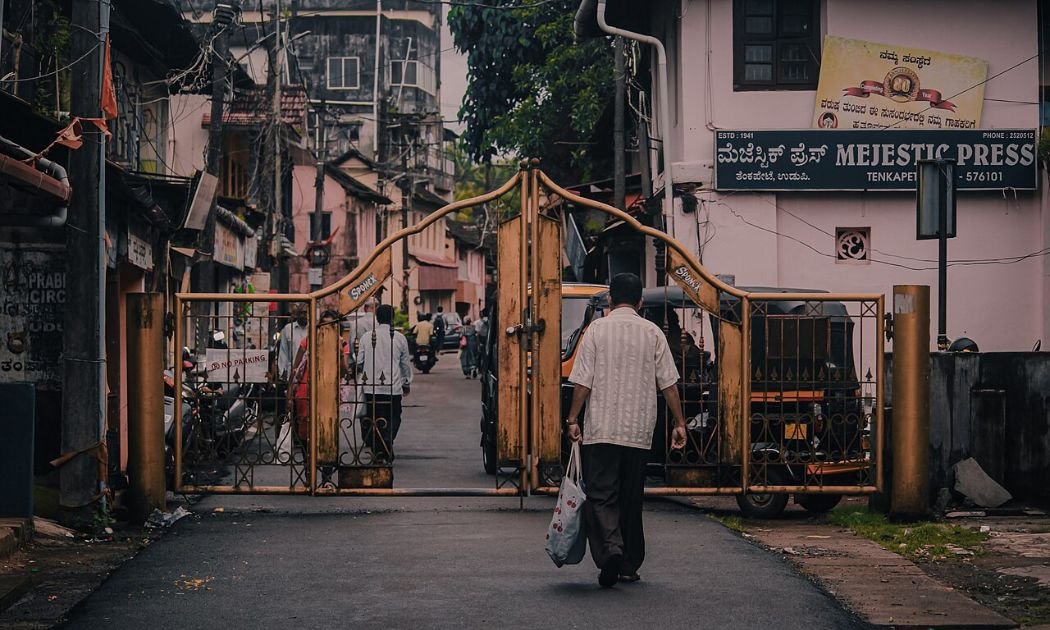
Lynching in Mangaluru, a City Haunted by Hate
Ashraf, a Muslim and daily wage labourer from Wayanad, Kerala, had arrived in this coastal Karnataka city just weeks earlier. On the evening of April 27, he was found dead near a temple in Kudupu—barely 10 km from Mangaluru city’s centre. Reportedly killed on the sidelines of a cricket match, his death was a brutal act that felt grimly familiar.

Dementia Cases Set to Surge as India Lags in Preparedness
India faces a sharp rise in dementia cases, with around 340 million people aged 60 and older expected by 2050 and 5.3 million already living with dementia since 2020, according to a report published in The Lancet Psychiatry. Yet there are still major gaps in public knowledge, available services, and trained staff.

Study Warns of Major Earthquake Risk in North, Northeast India
A new geological study finds that, contrary to earlier belief, the Indian Plate beneath the Tibetan Plateau is breaking and twisting deep below the surface. The discovery has serious implications for understanding earthquake risks across South and East Asia, including Myanmar, India, Bhutan, Nepal and China.

BJP Workers Beat Journalist for Raising ‘Security Lapse’ in Kashmir Terror Attack
Rakesh Sharma, 58, a senior correspondent with the Hindi daily Dainik Jagran, was recently beaten by Bharatiya Janata Party (BJP) workers in Kathua, Jammu and Kashmir, while covering a roadside protest over the April 22 terror attack in Pahalgam. They attacked him for a simple reason: he had asked someone at the rally why the party kept burning effigies of Pakistan instead of addressing what he called a “security lapse.”

Study: How Distance Blocks Healthcare for India’s Elderly
Imagine being over 60 and having to travel 14 kilometres for a routine check-up and more than 40 kilometres for a hospital bed; a new study in a journal, The Lancet Regional Health – Southeast Asia, shows this is normal for India’s 138 million older adults, exposing how sheer distance—more than cost or doctors—now dictates whether they receive care at all.
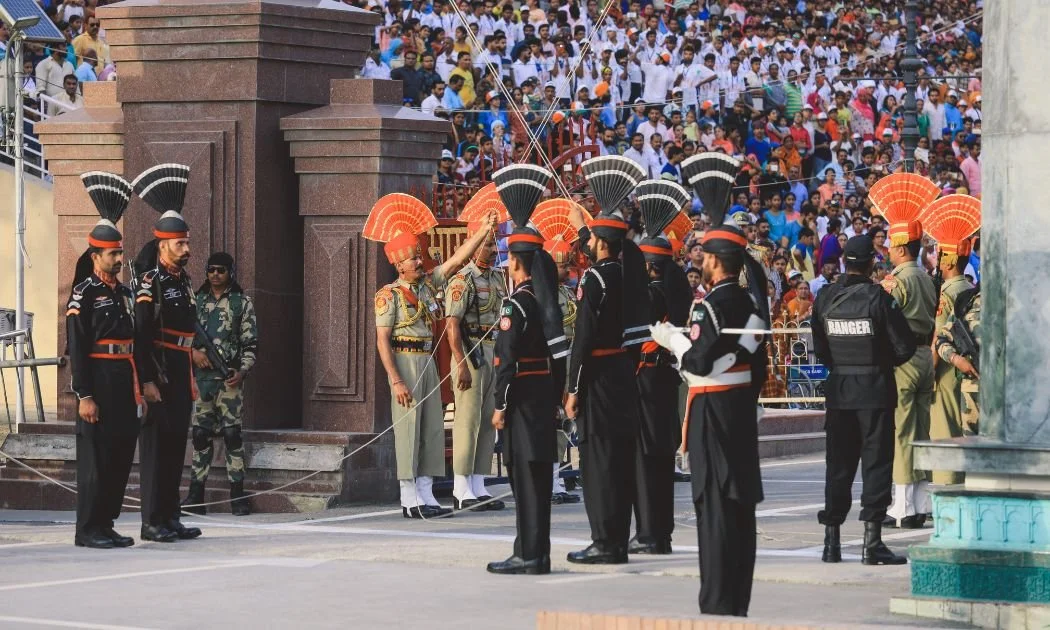
UN Urges ‘Maximum Restraint’ amid India-Pakistan Tension after Kashmir Attack
Amid tensions between India and Pakistan over the April 22 terror attack near Pahalgam in Jammu and Kashmir, United Nations Secretary-General António Guterres, speaking through his spokesman Stéphane Dujarric, has “appealed to both governments to exercise maximum restraint” and asked them to keep the situation from sliding any further.
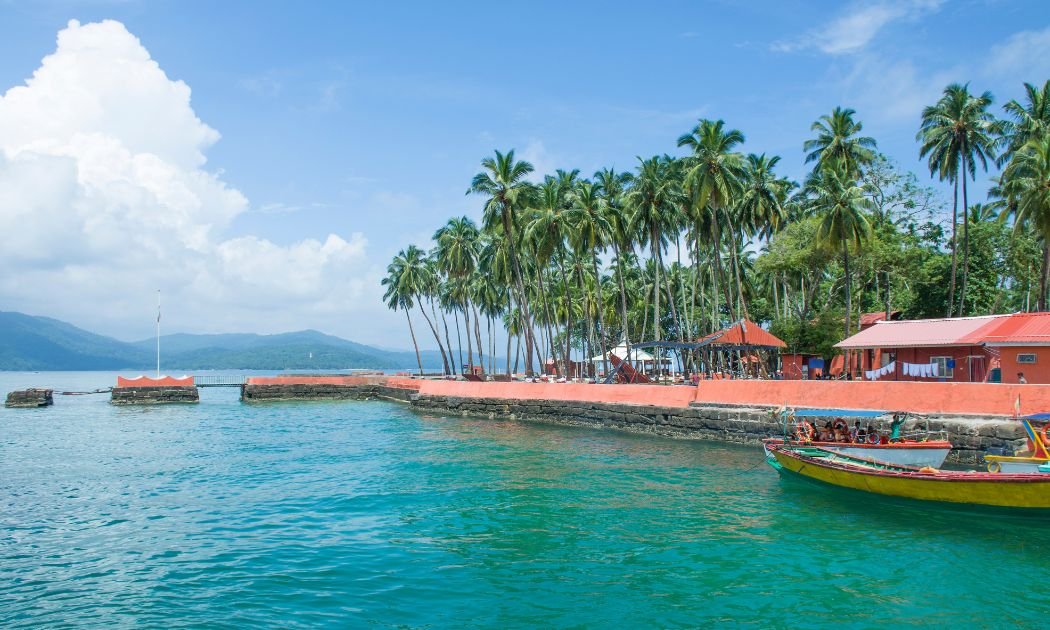
Great Nicobar Project Risks Shompen Genocide, Rights Group Warns
The central government has approved a 720 billion (72,000 crore) rupees plan to cut away roughly a third of Great Nicobar Island for a deep-water transshipment port, an international airport, a township and a power plant. Civil society groups and scientists say the scheme will strip forests, choke rivers, ruin nesting beaches and expose the Shompen – one of the world’s most isolated tribes – to disease and displacement that could wipe out their culture.
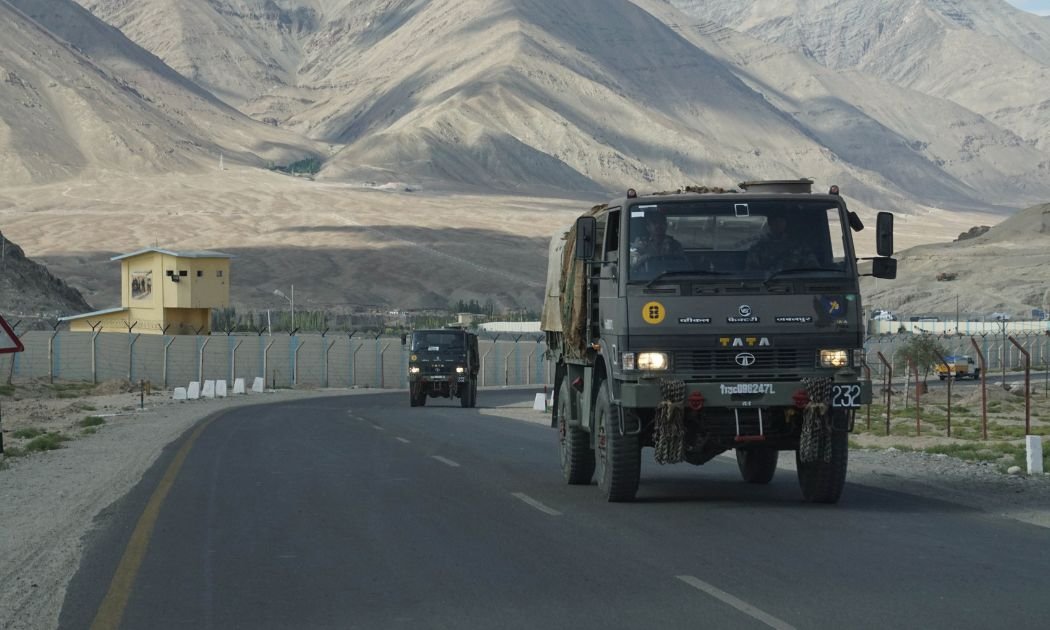
All 26 Victims of Pahalgam Terror Attack Were Men
Gunmen opened fire on tourist tents in Baisaran meadow above Pahalgam in Jammu and Kashmir on April 22, killing at least 26 people – all men – and injuring several more, according to media reports, which quote witnesses as saying that the terrorists, who reached the car-free pasture supposedly on foot or horseback, accused some families of supporting Prime Minister Narendra Modi, shot the men at close range and then escaped into the surrounding pine forest.

Delhi High Court Rebukes Ramdev for ‘Sharbat Jihad’ Remarks
The Delhi High Court expressed strong disapproval against Baba Ramdev, founder of Patanjali Foods, for using the misleading and provocative term “Rooh Afza jihad” in communal remarks targeting Hamdard, the pharmaceutical and food company famous for its popular drink, Rooh Afza. The matter came up before Justice Amit Bansal, who, after hearing preliminary arguments on April 22, warned Ramdev’s counsel of issuing a stringent order if such behaviour continued.

Why India’s Middle Class Must Rethink the Dream of Office Jobs
A financial markets expert has issued a cautionary note to India’s middle class: the stable, salaried white-collar jobs – typically office-based roles or other professional positions that rely more on intellectual input than manual labour – that once defined upward mobility are gradually disappearing.

Court to Examine Uniform Compensation for Hate Crime Victims Across India
The Supreme Court is scheduled to hear a significant case on April 23 that concerns the treatment of victims of hate crimes and mob lynching in India. The case argues that the current system for compensating such victims is inconsistent, arbitrary and unconstitutional.

India Plans to Limit Nuclear Liability to Boost Trade and Energy
The Indian government has proposed to ease its nuclear liability laws, driven mostly by commercial and geopolitical goals, according to Reuters. The move involves a shift in how legal responsibility is assigned in the event of a nuclear accident, raising concerns that public interest may have been sidelined.

Centre’s Forensic Report on ‘Manipur Tapes’ Implicating Biren Singh Ready
Weeks before the second anniversary of the outbreak of violence in Manipur, the Union government has informed the Supreme Court that a forensic report on the leaked audio recordings—referred to as the “Manipur Tapes” and allegedly featuring former Manipur Chief Minister N. Biren Singh, implicating him in the unrest—is ready and will soon be submitted in a sealed envelope.

Supreme Court Pushes Centre to Defend Waqf Amendment
During the Supreme Court’s hearing on the constitutional validity of the Waqf (Amendment) Act, 2025, Chief Justice of India Sanjiv Khanna posed pointed questions to both the government and the petitioners. The Act, which came into force recently, has been challenged by several petitioners who argue that it infringes on religious freedoms and the administrative autonomy of the Muslim community.

Tamil Nadu’s New Panel to Challenge Alleged Central Overreach
Tamil Nadu Chief Minister M.K. Stalin has announced the formation of a high-level, three-member committee tasked with reviewing the status of state rights under the Indian Constitution and recommending ways to preserve them. The committee, formed in response to alleged overreach by the Centre, will be chaired by retired Supreme Court judge Kurian Joseph.

School Textbooks Now Have Hindi Titles for English-Medium Students
The National Council of Educational Research and Training (NCERT) has reportedly started assigning Hindi titles to textbooks meant for English medium students. Kerala’s Education Minister V. Sivankutty has described the decision as “irrational” and demanded an immediate review, criticising it for being in conflict with India’s constitutional and federal principles.
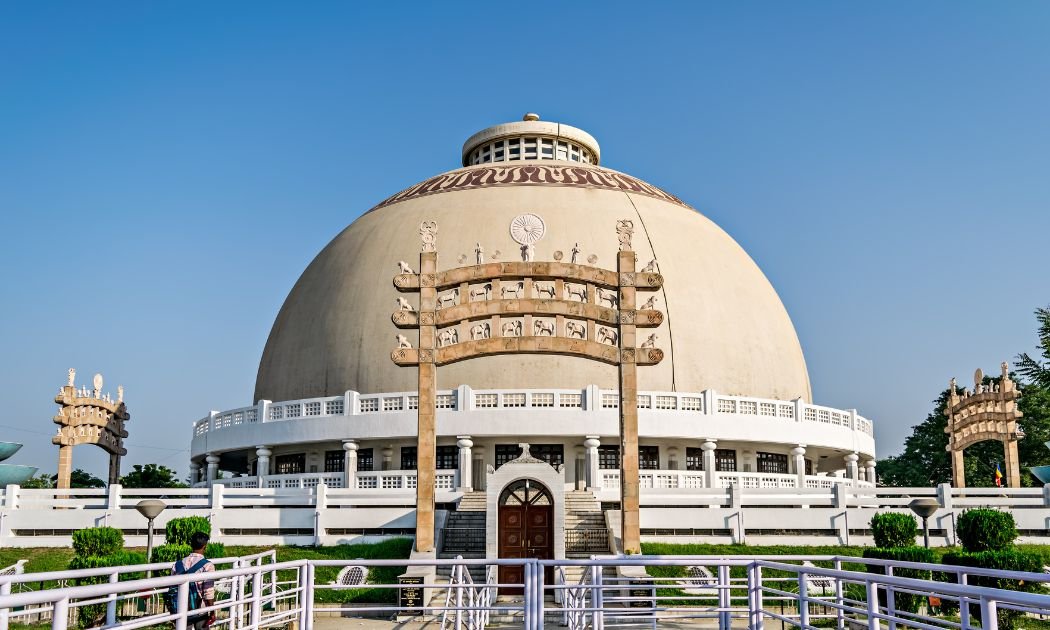
Ambedkar’s Blueprint for Justice, Dignity and Equality
As India marks Ambedkar Jayanti today, citizens would do well to revisit B.R. Ambedkar’s vision for the country—as a scale by which to measure the conduct of governments and political parties.

Supreme Court Sets Timelines for Governors, President on State Bills
The Supreme Court has ruled that governors and the President must adhere to specific timelines when deciding on state bills, affirming its power of judicial review to prevent political obstruction in legislative processes.

US Raises Voting System Concerns, India Defends Its EVMs
Tulsi Gabbard, the Director of National Intelligence in the United States, has raised concerns about the vulnerability of electronic voting systems (EVS) in the country. Her remarks have, interestingly, prompted India’s Election Commission (ECI) to issue a statement reaffirming the integrity of its own electronic voting machines (EVMs).

Court Grants Bail to Rape Accused, Says Woman ‘Invited Trouble’ by Drinking
The Allahabad High Court granted bail in a rape case, citing controversial reasoning. In his order, Justice Sanjay Kumar Singh appeared to shift blame onto the complainant—a postgraduate student—stating that she had chosen to drink alcohol late at night in a pub and to accompany the accused.
